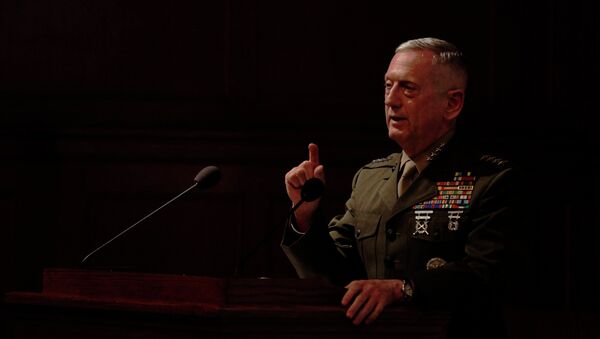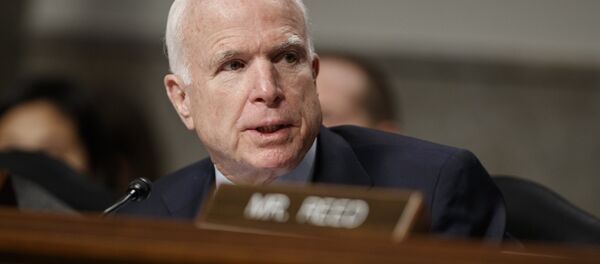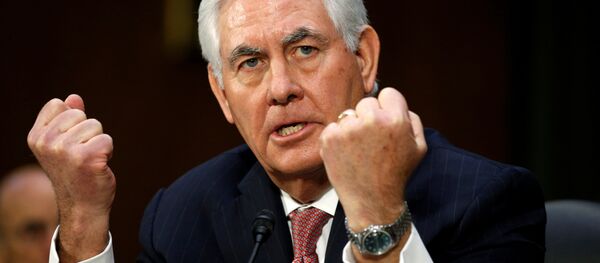Despite Trump’s numerous calls to normalize ties with Russia, Mattis is a vocal critic of Moscow and endorses a more hardline approach.
During hearings in the US Senate, he criticized Russia saying that it "had chosen to be a strategic competitor [to the US], an adversary in key areas."
"Russia is the principle threat to the United States," Mattis told the Senate Armed Services Committee.
He also said he was "all for engagement" with the Russians, but he warned of an "increasing number of areas in which we will have to confront Russia."
Mattis was always a "tough guy" and prefers a hardline solution to problems, especially regarding Russia, said Valeriy Garbuzov, director of the Institute for US and Canadian Studies, at the Russian Academy of Sciences.
"It would be too naïve to expect that the heads of the US State Department and the Defense Department will be Russia’s friends. This will not happen," he told RIA Novosti.
At the same time, the expert pointed out that despite Mattis’ rhetoric US President-elect Donald Trump and his team indicate willingness to have dialogue with Russia.
"If Washington and Moscow engaged in a pragmatic dialogue this would be what we need. As for political steps in practice, we’ll wait and see. I think that despite all such comments Trump’s administration will have a pragmatic attitude towards Russia. But a U-turn in US-Russia ties is unlikely," Garbuzov concluded.
The assumption was shared by Andrei Suzdaltsev, the deputy head of the Faculty of World Economy and International Relations at the Moscow-based Higher School of Economics.
"If they had portrayed themselves as advocates of US-Russia friendship they would have never secured their nominations," Suzdaltsev pointed out.
He continued: "The Russian establishment should understand that Washington and Moscow have different basic interests. The US will continue to advocate for a unipolar world in which Washington can make all final decisions. There are still a lot of differences between the US and Russia, including in the Middle East, in post-Soviet states, in Asia and Europe."
He explained that the issue of Russia’s foreign policy is often used as a tool in US domestic political struggle.
"Russia is the point where the interests of the Democrats and the Republicans collide. Russia is an issue used against Trump by his opponents," the analyst said.
"What we saw [during the hearings in Senate] is a routine. Political opponents were intimidating each other. The US always looks for foreign enemies. This is an important part of American politics," Suzdaltsev concluded.





